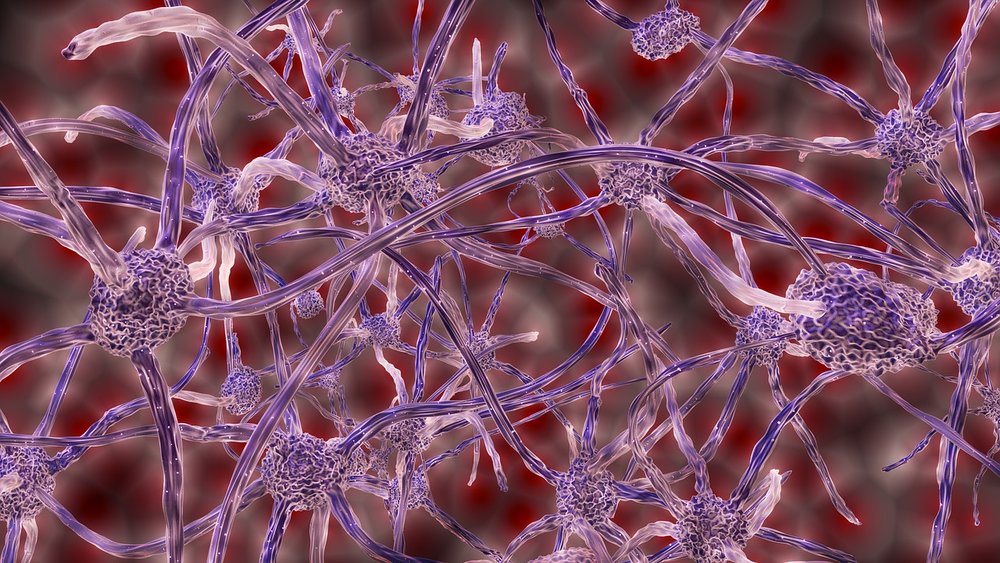Alzheimer´s disease is the most prevalent form of dementia and represents one of the puzzles in modern medicine. The condition was treated merely symptomatically to date, however a new animal study shows that delivering a specific gene to the brain could be used to treat it systematically.
Over 40 million people are affected by Alzheimer´s disease worldwide, a dreadful condition involving memory loss, brain deterioration and severe changes in personality, due to the development of co-called amyloid plaques in the brain. Since no cure for it exists, it represents the sixth leading cause of death (in the US), resulting from gradual loss of bodily functions or immunodeficiency. The cause for the disease is wrapped in mystery and several theories exist, however it is most likely attributed to multiple factors.
Scientists at the Imperial College of London used a modified lentiviral vector for stereotaxic delivery of the gene PGC-1α to the hippocampus and cortex of mice with early-stage Alzheimer´s. This resulted in the improvement of their spatial and recognition memory along with a significant decrease in amyloid deposition. The outcome was further accompanied by a marked preservation of pyramidal neurons, indicating an overall neuroprotective effect. PGC-1α encodes for PPARγ-coactivator-1α, a transcriptional regulator of genes involved in energy metabolism, which was previously shown to decrease the generation of β-amyloid in cell culture.
Even though all this sounds very promising, a big gap exists between studies performed on mice and actual treatment for human beings. However, the results seem to be pointing into the right direction.
Learn more about the novel gene therapy approach in the video bellow!
By Luka Zupančič, MSc, University of Applied Sciences Technikum Vienna










